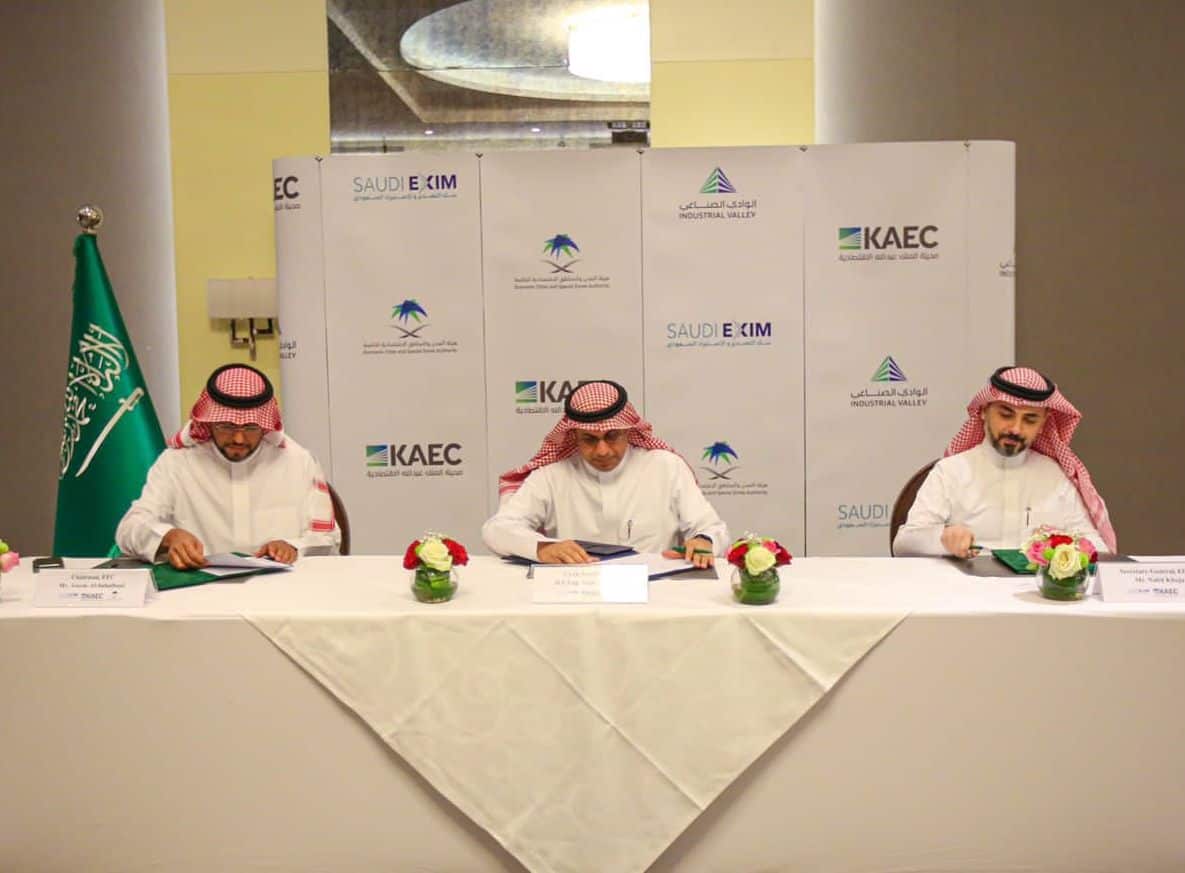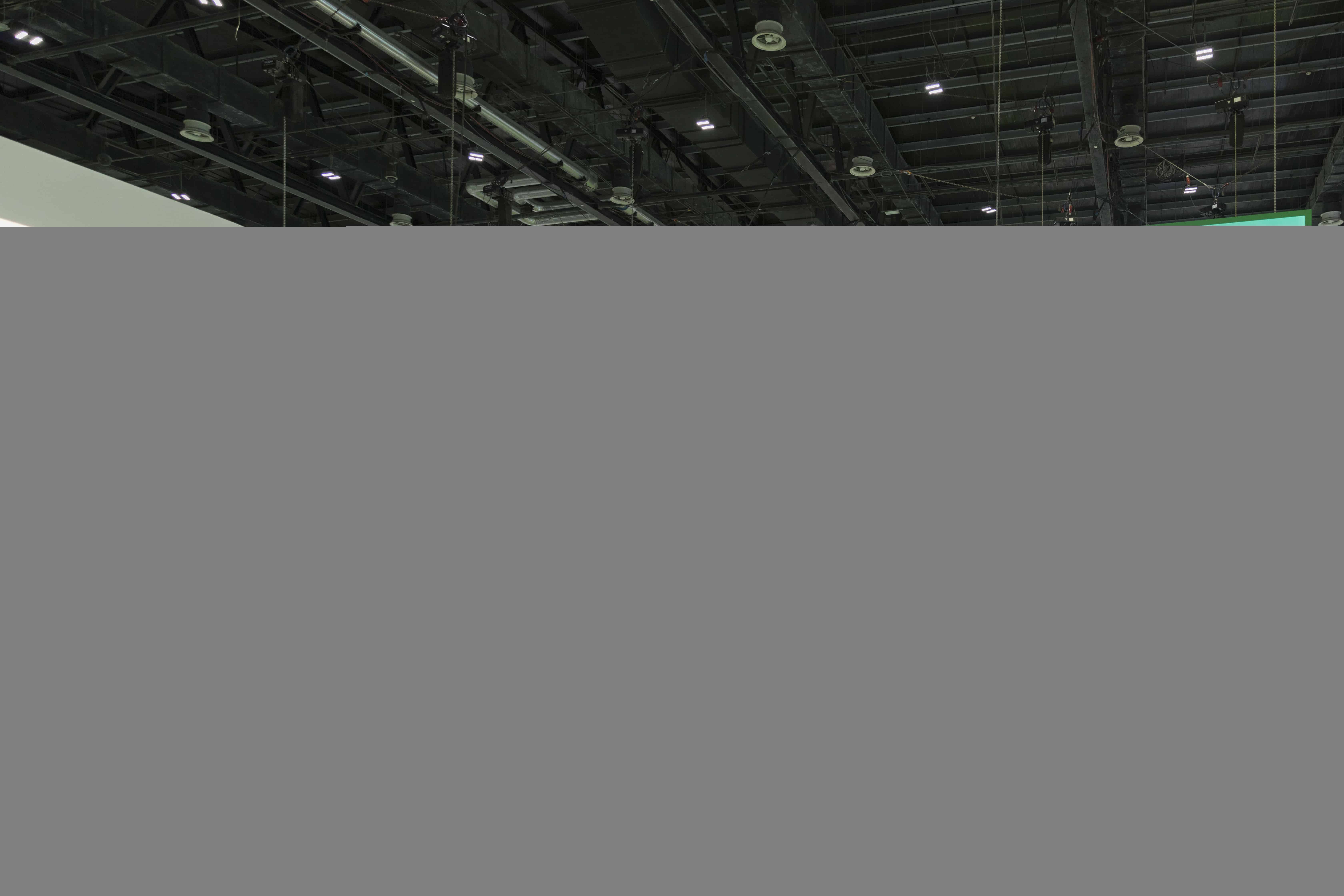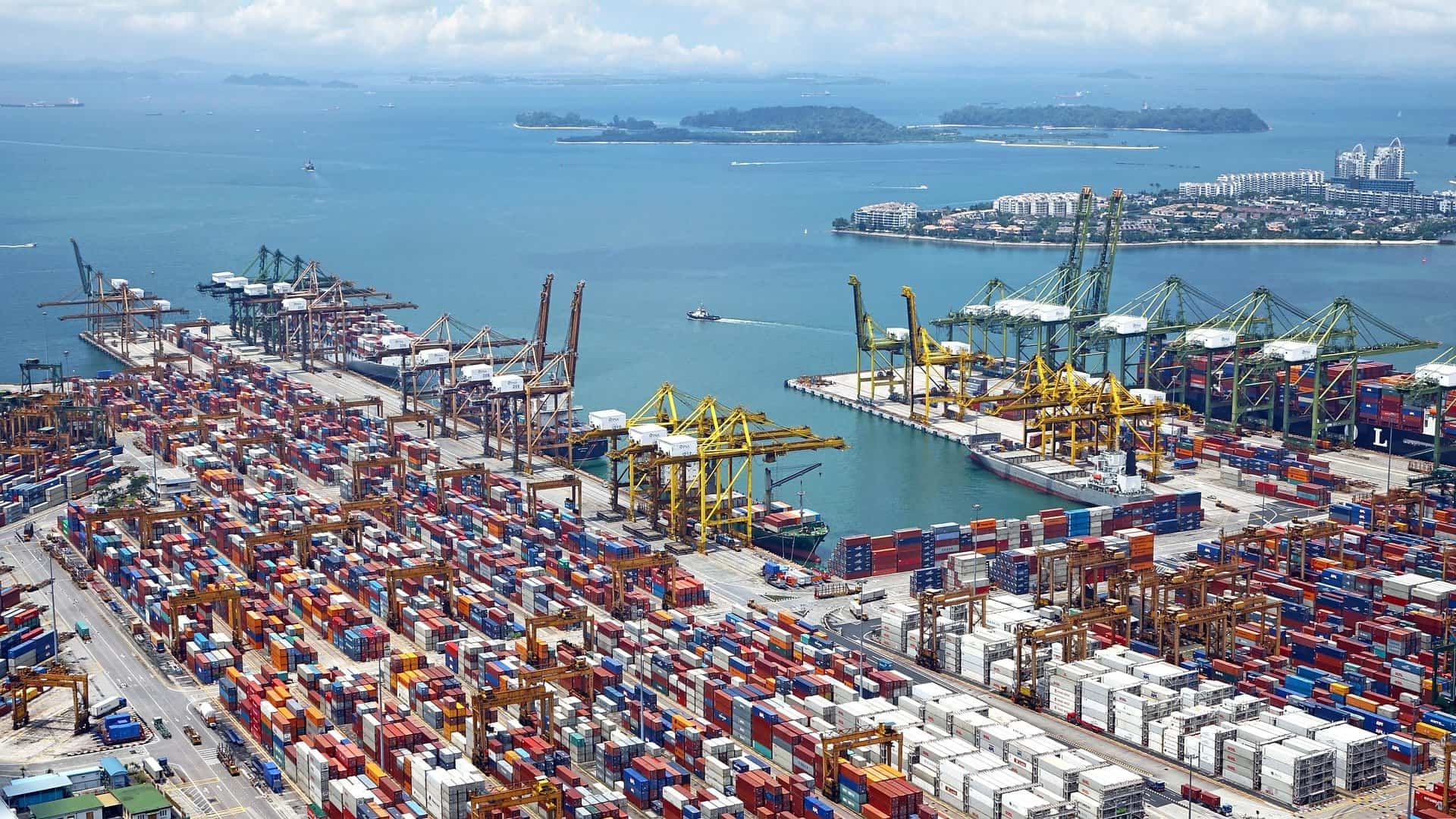The Saudi government has been working for years to expand non-oil exports by turning to global markets and increasing the competitiveness of Saudi products.
That resulted in Saudi non-oil exports recording the highest half-value in its history in 2021.
According to economic reports, the country now intends to increase the amount of non-oil exports from 16 percent to 50 percent of the total GDP under Saudi Vision 2030.
Tripartite deal
As part of these efforts, the Saudi Export-Import Bank signed a cooperation agreement with the Economic Cities and Special Zones Authority and Emaar the Economic City to strengthen cooperation and leverage mutual services and experiences that is expected to help Saudi products reach new markets.
The bank seeks to build complementary partnerships with national agencies and institutions to help new industries grow and raise non-oil exports.
According to the bank’s President Saad Al-Khalb, such partnerships will help develop and diversify Saudi exports and their competitiveness by providing financing services, and reaching customers qualified to provide financial advisory services.

A new approach
The agreement came a few weeks after the Saudi Export Development Authority — also known as Saudi Exports — announced the launch of its Institutional Transformation Strategy.
The strategy apparently aims to collaborate with several government agencies and achieve a true partnership with the private sector — specifically exporters — to diversify the local economy and increase non-oil exports.
Faisal Al-Baddah, Secretary-General of Saudi Exports, stated that the authority’s institutional transformation is a qualitative roadmap whose paths and plans are consistent with the national economy’s development visions.
The authority has also launched the Saudi Export Stimulus Program, which encourages and assists Saudi companies to build and enhance their competitive capabilities to expand their global reach.
Al-Baddah explained that the stimulus program offers nine incentives in line with the kingdom’s WTO commitments and helps 220 exporting enterprises in 2021.
Saudi Exports has also launched the Made in Saudi Arabia program, which is expected to help create a unified identity for the country’s exports and improve their reliability.

The initiative, which is part of the National Industrial Development and Logistics Program, has helped attract 1,200 local businesses and introduce their products to a wide range of worldwide markets since its inception.
It’s worth noting that Saudi Exports is launching this stage of institutional reform at a time when the country’s non-oil exports are performing well.
The petrochemicals, building materials, cars, and spare-parts sectors were among the highest exporting industries, with an anticipated growth of 34 percent from the beginning of 2021 to the third quarter, compared to the same time in 2020.








